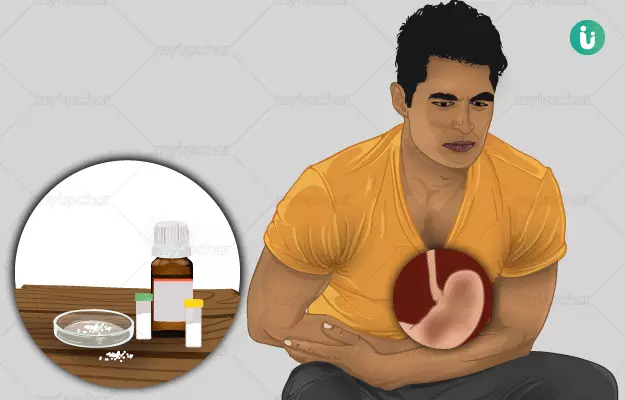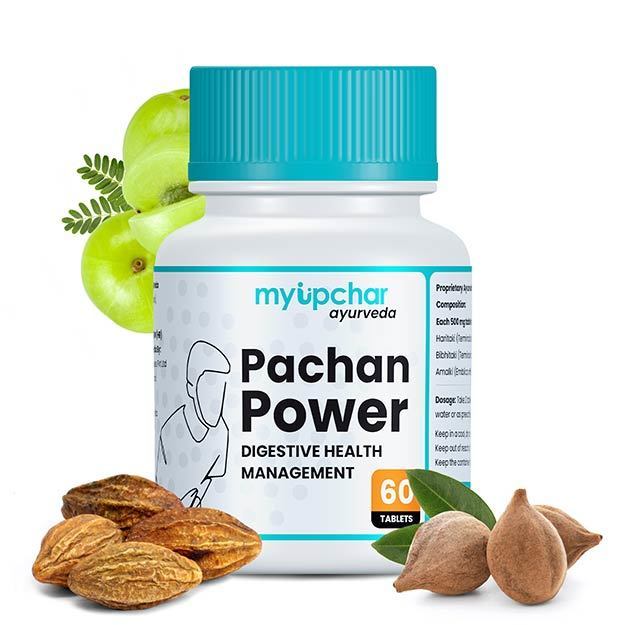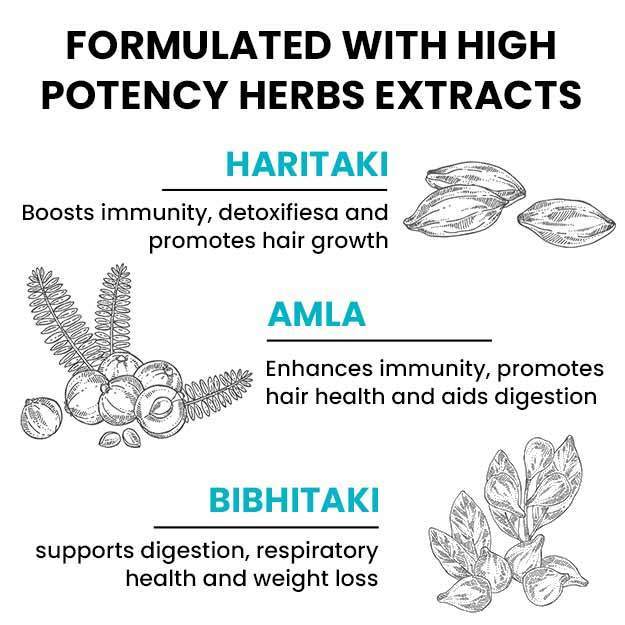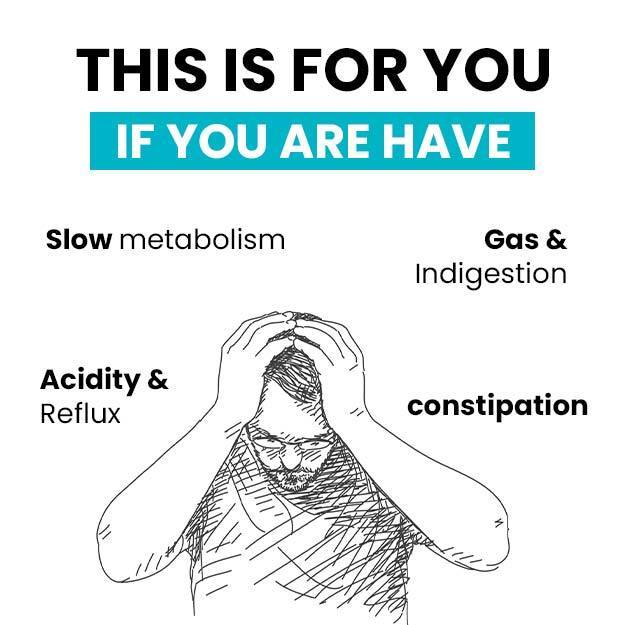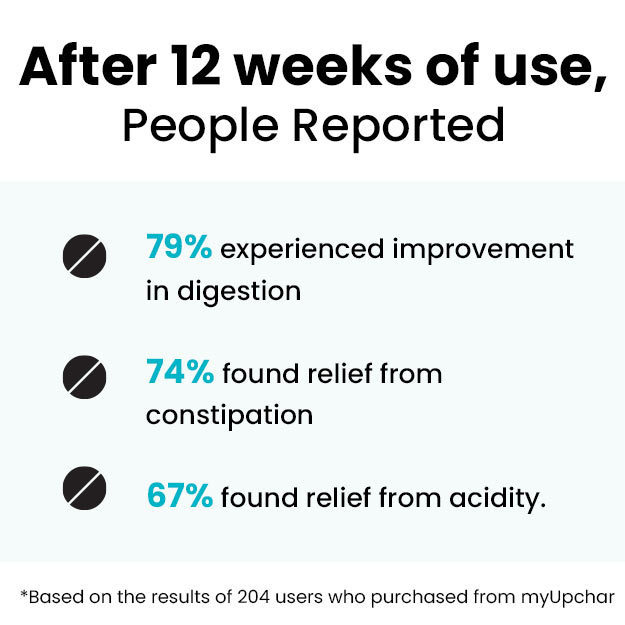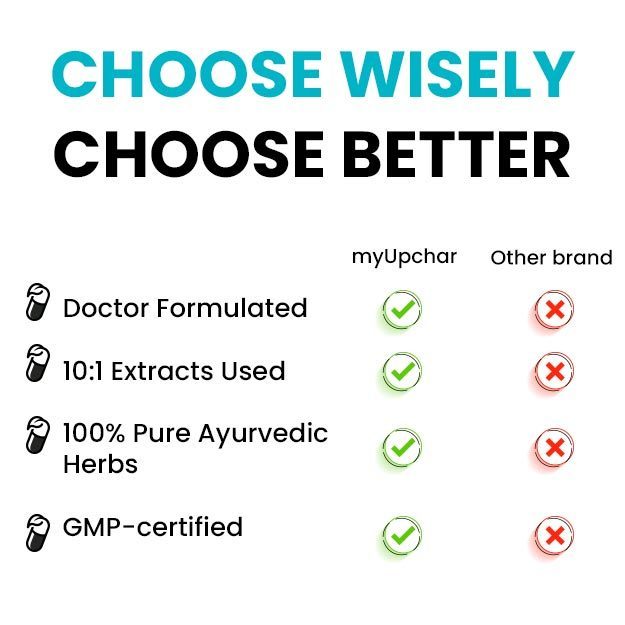Gastritis is an inflammation of the inner lining of the stomach. It may occur due to stomach infections, alcohol or overuse of certain anti-inflammatory medications and may lead to symptoms like nausea, vomiting, indigestion, blood in vomit, weight loss, blood in stool, hiccups and burning stomach pain. Some allergic and immune system disorders may also lead to gastritis. If left untreated, the inflamed stomach lining may erode and gets exposed to stomach acids, leading to ulceration and bleeding. Gastritis can be acute, severe attacks last for 1 to 2 days or chronic, involving a long-term loss of appetite and nausea.
Are you also troubled by obesity and are not able to lose weight even after a lot of efforts, then start using myUpchar Ayurveda Medarodh Weight Control Tablet today and control your weight.
Conventionally, gastritis is treated with antacids, antibiotics and other medications depending on the underlying cause of the disease.
Homeopathy describes many medicines for the management of inflammatory conditions of the digestive tract and the symptoms associated with it. Some commonly used homeopathic medicines for gastritis are ipecacuanha, kalium bichromicum, nux vomica, oxalicum acidum, phosphorus, bismuthum subnitricum, cuprum metallicum, antimonium tartaricum, arsenicum album and hydrastis canadensis.
Homeopathic therapy is quite unique and individualised since a doctor considers every aspect of the patient's personality (including both his/her mental and physical characteristics) along with the disease symptoms to choose the right remedy for them. Hence, a remedy may not have the same effect on two people.

